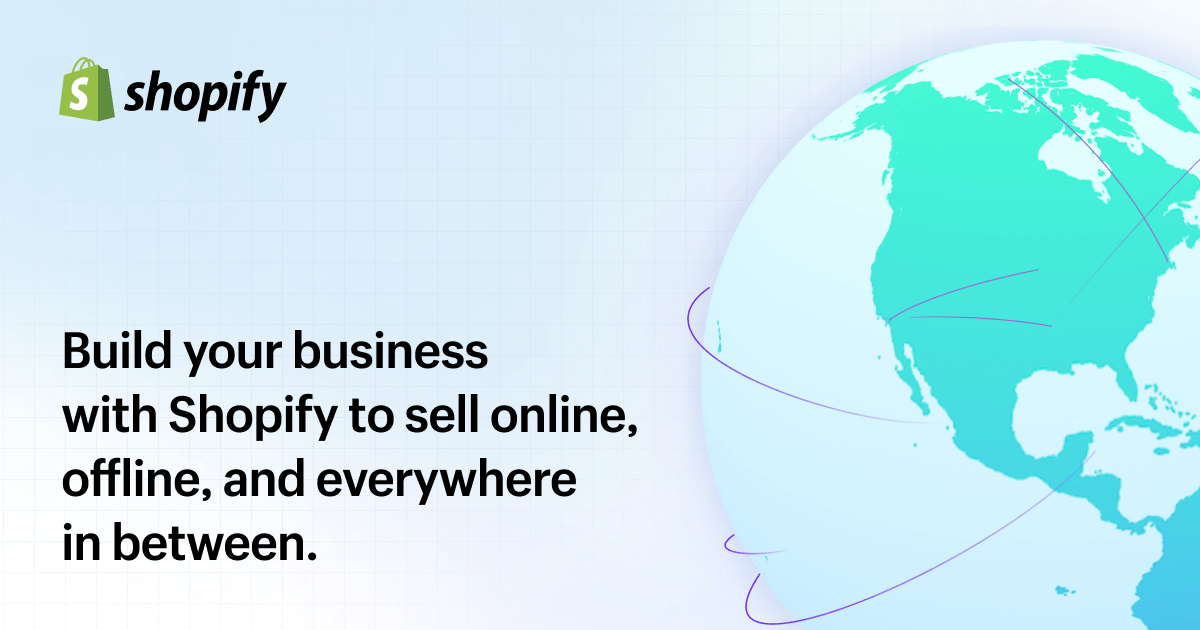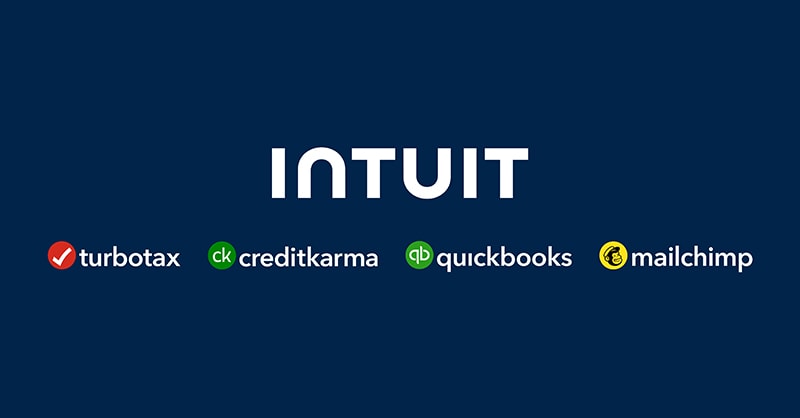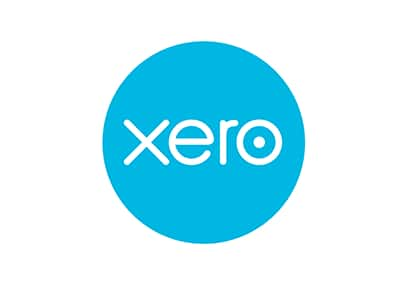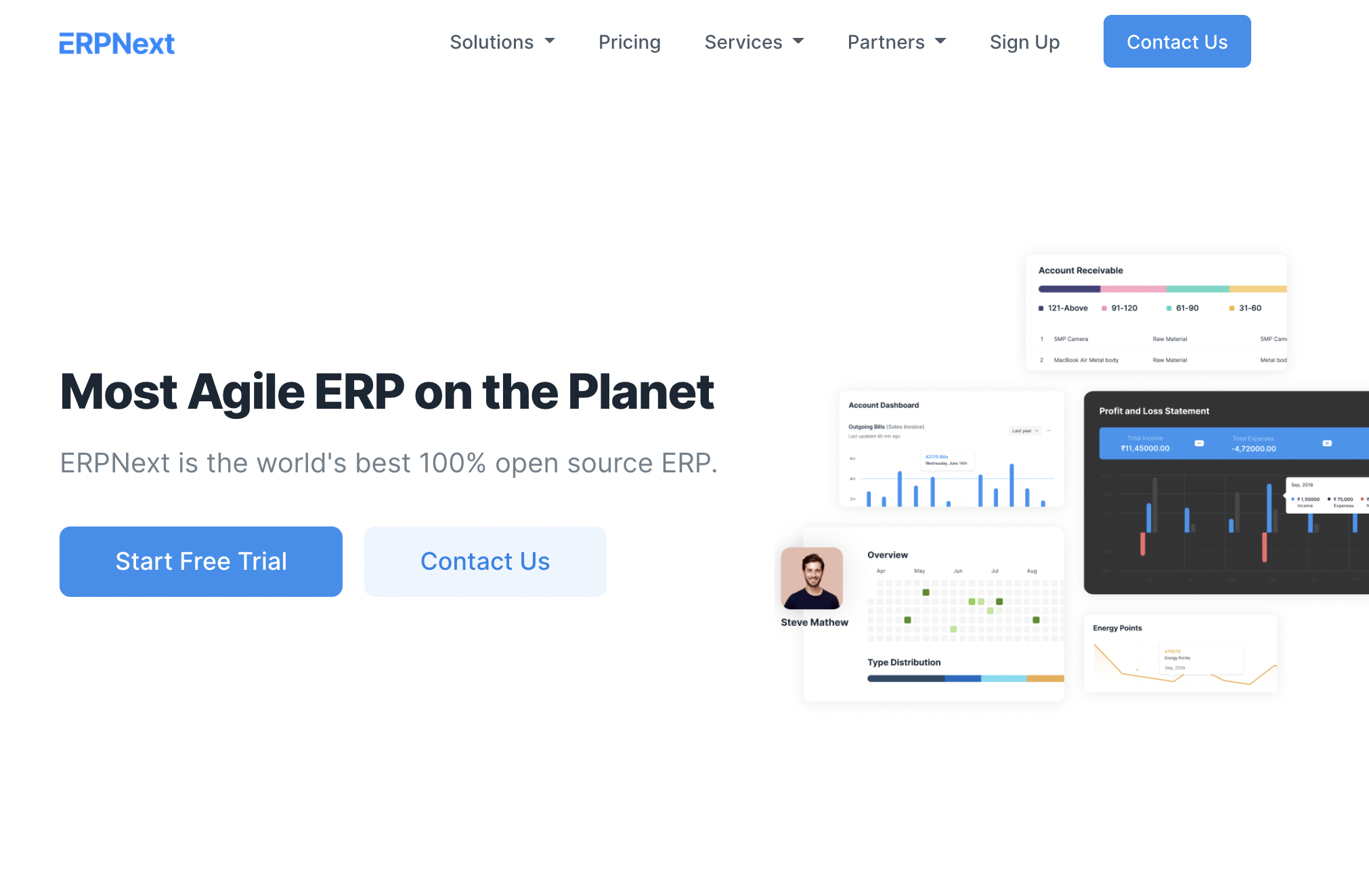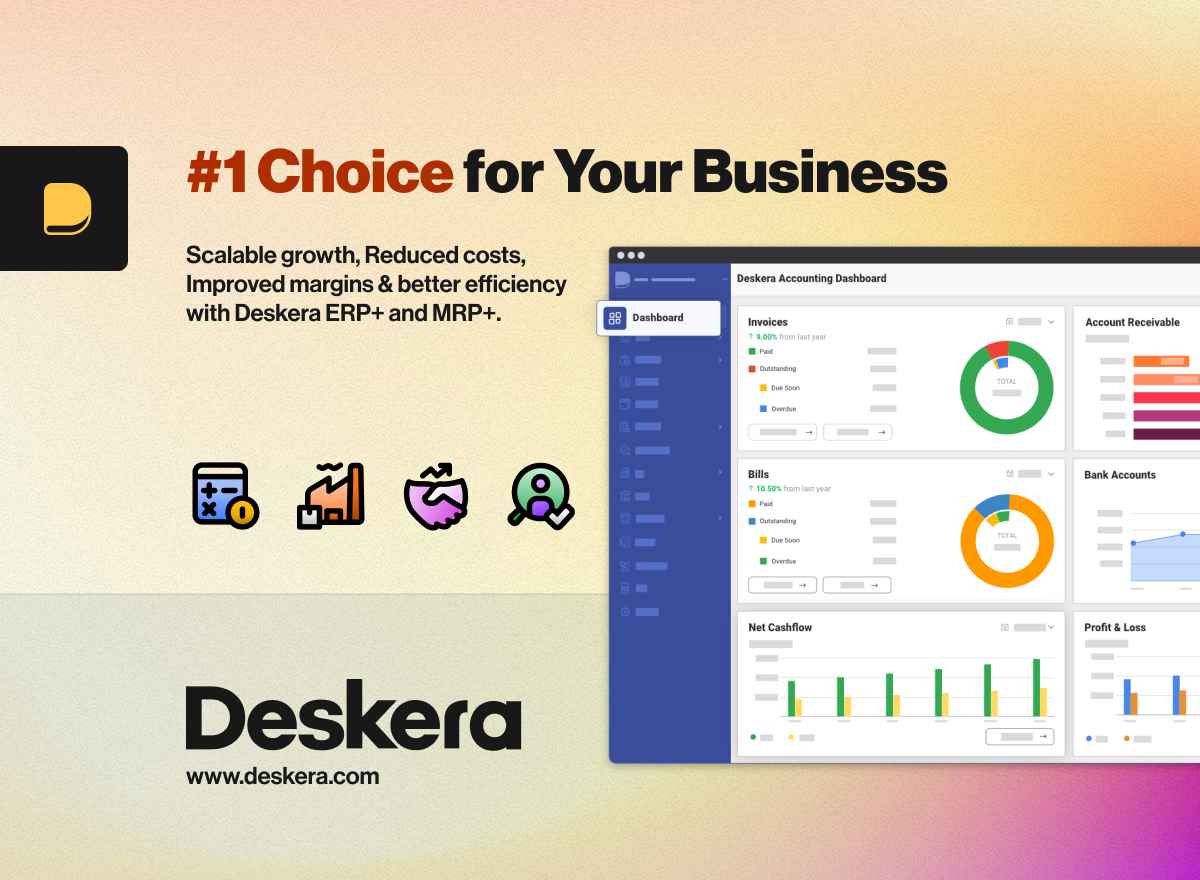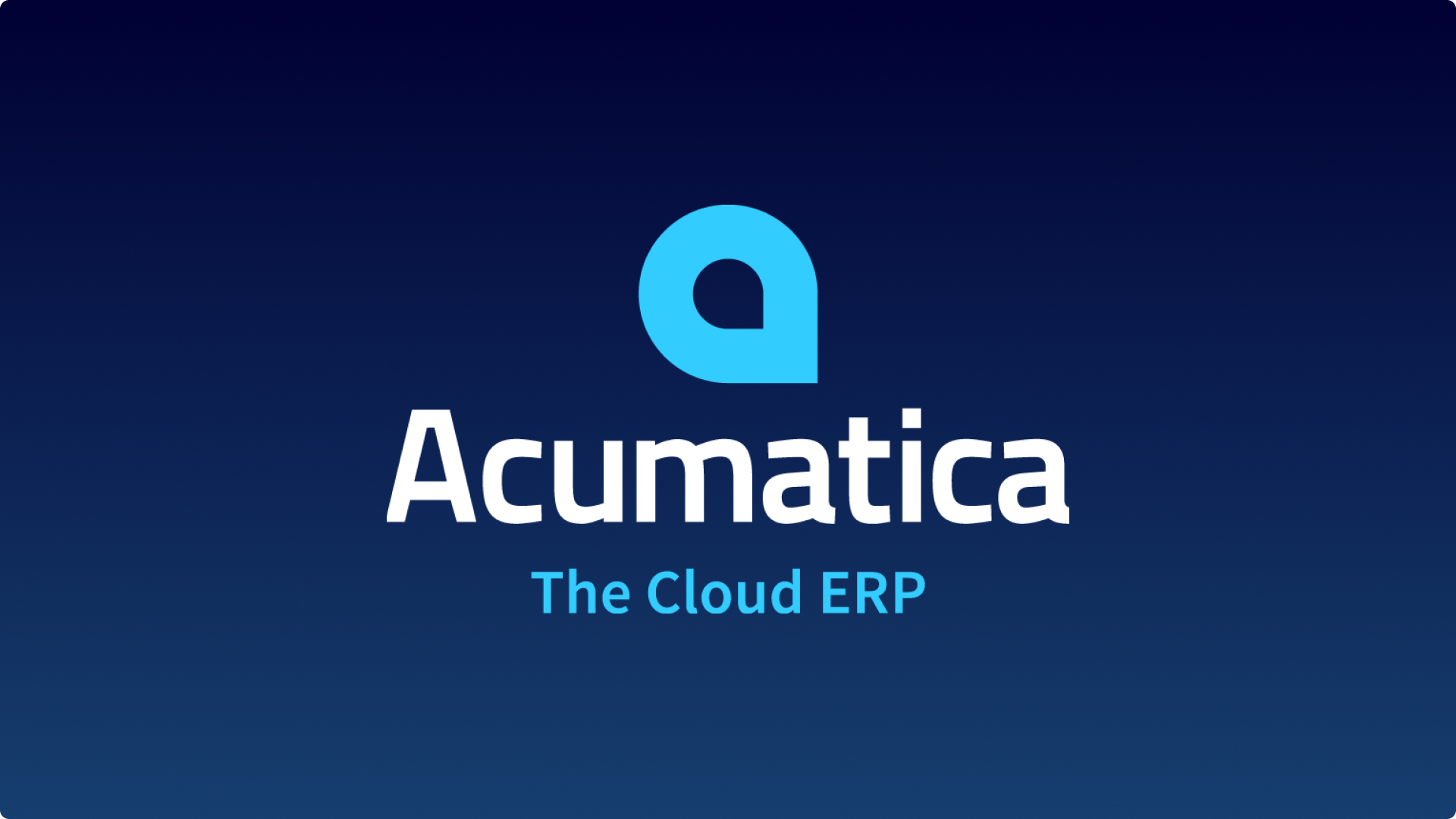Introduction
Automating accounts payable (AP) processes has become a necessity for most businesses looking to streamline financial operations and supplier payments. However, with so many AP automation software options on the market, it can be difficult to determine the right solution. This guide examines 15 leading AP automation platforms and evaluates their key strengths to help businesses make an informed selection.
Methods of Evaluation
Each software will be evaluated based on features covered, pricing and plans, integrations, reviews and ratings. Additional criteria like number of customers, years in business, and growth will also be considered. Non-traditional factors like backlink profile, website traffic and keyword trends will provide insights into a vendor’s online presence and popularity.
1. Shopify
Shopify is a leading ecommerce platform for online retailers. Founded in 2004, Shopify provides merchants with a powerful backend system to help manage online stores across web, mobile, social media, and marketplaces. Over 1 million merchants in approximately 175 countries use Shopify’s platform to design, set up, and manage their stores.
Pros: Some key advantages of Shopify include:
– Built-in invoicing and accounts receivable/accounts payable tracking to manage orders and payments
– Large partner ecosystem and apps marketplace to extend store functionality
– Robust suite of tools to manage the entire store operation from product listing to fulfillment and customer support
Cons: One potential disadvantage is that the platform fees start at 2.9% + $0.30 per transaction which may be more expensive than some competitors for very low-volume stores.
Pricing: Shopify offers several paid subscription plans starting from $29 USD per month for a Basic plan up to $299 USD per month for an Advanced plan. All plans include the core ecommerce functionality plus additional features and storage as the plans increase in price.
Some key stats about Shopify include:
– Over 1 million merchants worldwide use the platform
– Average order value of $76 USD across stores
– Processed over $175 billion in gross merchandise volume in 2021
2. QuickBooks
QuickBooks is accounting software developed and marketed by Intuit. As one of the most popular accounting software packages for small businesses worldwide, QuickBooks provides strong accounts payable features to help track what a company owes vendors and when payments are due.
Pros: Some key advantages of QuickBooks include:
– Strong accounts payable tracking functionality to help manage what is owed to vendors
– Integrates seamlessly with many online payment services to streamline bill paying
– Widely used accounting software meaning plenty of support resources and training materials available
Cons: A potential disadvantage of QuickBooks is that the subscription pricing model can end up costing more over time than one-time license fees of some competing products.
Pricing: QuickBooks offers flexible subscription plans starting at $12.50/month for the self-employed plan and $25/month for the essentials plan which supports up to 3 users. Additional add-on services and customization are available for higher pricing tiers.
Some key stats about QuickBooks include:
– Used by over 7 million small businesses globally
– Integrates with over 8,000 apps including PayPal, Square and Amazon Pay
– Available in over 100 countries
3. BigCommerce
BigCommerce is a leading software-as-a-service (SaaS) ecommerce platform for building online stores. Founded in 2009, BigCommerce powers over 60,000 online stores across 155 countries. The platform is fully responsive and optimized for both desktop and mobile shopping experiences.
Pros: Key advantages of the BigCommerce platform include: – Advanced ecommerce platform for mid-sized merchants built for scale – Integrated accounting and payments solutions to streamline operations – Great mobile and POS integrations for omnichannel selling – Robust themes and customizable templates for high-converting storefronts
Cons: The main disadvantage is that the platform starts at $79/month which may be costly for very small merchants just starting out.
Pricing: Pricing for BigCommerce plans starts at $79/month for the Basic plan, $249/month for the Plus plan, and $999/month for the Pro plan. Custom enterprise plans are also available for very large stores and merchants.
Some key stats about BigCommerce include: – Supports over 225 payment gateways and shipping carriers – Secured over $170 million in funding to date – Over 60,000 online stores hosted worldwide – Supports 27 languages and localizations
4. Xero
Xero is a leading cloud-based accounting software platform for small and medium-sized businesses. Founded in 2006 and headquartered in Wellington, New Zealand, Xero has grown to serve over 3 million subscribers worldwide. Xero provides an integrated suite of financial products including accounting, cash flow management, billing and payments, as well as a marketplace for connecting with third party applications and services.
Pros: Some key advantages of Xero include:
– Powerful multi-currency capabilities for servicing clients globally
– Robust supplier payments workflows for efficiently processing accounts payable
– Leading cloud accounting platform for small businesses seeking an easy to use and scalable solution
– Connects to hundreds of third party apps for CRM, invoicing, expense management and more via the Xero App Marketplace
Cons: A potential disadvantage is that the pricing tiers may be too expensive for some very small sole proprietor businesses. However, Xero offers a wide range of pricing plans to suit different business needs and budgets.
Pricing: Xero offers four main pricing tiers:
– Startup at $9/month
– Essentials at $30/month
– Standard at $70/month
– Premium at $150/month
All plans offer a free 30 day trial and include standard features like bills, invoices, banking, etc. Functionality increases with each plan level.
Some key stats about Xero include:
– Serves over 3 million subscribers globally
– Integrates with over 800 third party applications via Xero App Marketplace
– Supports multi-currency capabilities in over 160 currencies
– Named a leader in the Gartner Magic Quadrant for Cloud Core Financial Management Suites for Midsize, Large and Global Enterprises for 6 consecutive years
5. FreshBooks
FreshBooks is an all-in-one invoicing and accounting software designed for small businesses. Since 2004, FreshBooks has been helping freelancers, agencies and contractors save time and get paid faster. With FreshBooks, users can send professional invoices, track time, manage receipts and expenses, get paid and handle their books all in one place.
Pros: Some key advantages of FreshBooks include:
– Intuitive and easy to use interface for both sending invoices and tracking expenses
– Wide range of billing and invoicing features including recurring invoices and late payment reminders
– Integrations with popular apps like Dropbox, Slack, Xero and QuickBooks
– Affordable pricing plans starting from $15/month for freelancers and contractors
Cons: A potential disadvantage is that the free version has limited functionality compared to the paid plans. For some very large or complex businesses, it may be lacking in features compared to higher-end accounting software.
Pricing: FreshBooks offers three paid plans starting from $15/month for freelancers on up to $50/month for growing businesses. All paid plans include unlimited invoices, products/services, clients and estimates. The highest tier $50/month plan adds extra features like purchase orders and W-9 collection.
Some key stats about FreshBooks include:
– Over 30 million invoices sent
– Used in over 150 countries worldwide
– Over 20,000 5-star customer reviews on Trustpilot
– Named best accounting software for small businesses by many major publications
6. Infor
Infor is a leading ERP software provider known for its industry-specific solutions. Their accounts payable automation software is part of their comprehensive ERP platform which is optimized for manufacturing and distribution companies. The AP module streamlines procure-to-pay processes and supports advanced multi-entity configurations.
Pros: Key advantages of Infor’s accounts payable automation include:
– Powerful ERP platform ideal for manufacturing companies
– Advanced multi-entity procure-to-pay capabilities
– Excellent production tracking integrations
Cons: One potential disadvantage is a higher upfront cost compared to less full-featured options.
Pricing: Pricing is typically based on the number of users and modules required. On-premise licensing starts at around $150 per user per month while cloud pricing begins at $75 per user per month for smaller businesses.
Some key stats about Infor’s accounts payable solution include:
– Used by over 68,000 customers globally
– Purpose-built for 25+ industries including automotive, fashion, food & beverage, and high tech
– Over 40 years of experience in ERP software development
7. SAP Ariba
SAP Ariba is a leading accounts payable automation and spend management software. Used by many large enterprise organizations worldwide, SAP Ariba provides a comprehensive suite of procurement and finance solutions to help automate key purchasing and invoice processes.
Pros: Key advantages of SAP Ariba include: – Industry-leading platform for strategic sourcing and accounts payable automation – Excellent for large enterprise organizations with complex needs – Powerful workflow and approval tools – Robust compliance and risk management functionality – Extensive network effects with a global supplier database
Cons: A potential disadvantage is the higher upfront and ongoing costs compared to some other options. SAP Ariba is best suited for large enterprises with sophisticated procurement needs given its robust feature set and pricing structure.
Pricing: Pricing for SAP Ariba depends on multiple factors like the number of users, modules selected, and level of customization required. Typical pricing ranges from thousands of dollars per month for basic spend management to over $100,000 annually for advanced strategic sourcing solutions.
Some key stats about SAP Ariba include: – Used by over 4 million companies worldwide – Manages over $3 trillion in annual commerce on its network – More than $1 billion in savings generated for customers each year through strategic sourcing capabilities
8. Avalara AvaTax
Avalara AvaTax is a leading provider of sales tax automation solutions. Founded in 2004, AvaTax aims to simplify sales tax compliance for businesses. The software automatically calculates sales tax for orders and integrates with many popular accounting systems like QuickBooks, NetSuite, and Sage.
Pros: Some key advantages of AvaTax include:
– Leading sales tax automation solution that accurately handles complex tax rules
– Integrates seamlessly with many ERP, ecommerce, and accounting platforms
– Automatically calculates correct sales tax for orders in real-time
– Handles sales tax filing and remittance to tax authorities
Cons: One potential disadvantage is the cost may be higher than some other options for very small businesses with simple needs.
Pricing: AvaTax pricing starts at $99 per month for the basic Starter plan, which supports up to $2 million in annual sales and includes standard sales tax functionality. Custom pricing is available for larger enterprises.
Some key stats about AvaTax include:
– Over 12,000 customers globally
– Supports sales tax rules for over 12,000 tax jurisdictions in North America
– Handles over $150 billion in transactions annually
9. Sap Concur
Sap Concur is a leading travel and expense management software provider. It offers one of the most comprehensive accounts payable (AP) automation and expense management platforms on the market. With Sap Concur, organizations can digitize invoices, automate approvals, and streamline payments.
Pros: Major advantages of Sap Concur’s AP automation solution include: integrated expense management platform, robust invoicing and payments capabilities, ability to digitize and archive invoices, built-in workflow approval tools, and support for both domestic and international payables.
Cons: One potential disadvantage is the solution requires significant configuration and may not be suitable for very small businesses or those with only basic invoicing needs.
Pricing: Pricing is customizable based on business size and needs. Basic subscription plans starting around $50/user per month and enterprise plans over $150/user per month which include additional modules like T&E management, advanced approval tools, and supplier invoice processing.
Some key stats about Sap Concur’s AP automation capabilities include: ability to process over 500 million invoices annually, support for over 130 different expense types and invoices, and integration with over 1,000 ERP and finance systems.
10. Epicor
Epicor is an enterprise resource planning (ERP) software provider that offers robust accounts payable (AP) automation capabilities. Epicor has been a leader in ERP software for over 50 years, particularly serving manufacturing industries. Their AP automation tools are fully integrated within the Epicor ERP platform for seamless workflows.
Pros: Key advantages of Epicor’s AP automation include fully integrated financials and AP workflows, robust distributed order management capabilities, and being specifically built for manufacturing processes and best practices.
Cons: A potential disadvantage is the cost as Epicor is an enterprise-level ERP platform requiring a sizable investment and implementation effort versus smaller business-focused alternatives.
Pricing: Pricing for Epicor is not publicly listed and requires a sales consultation. Generally being an ERP vendor, Epicor implements subscription-based pricing including implementation fees, annual software licensing, and ongoing maintenance/support costs.
Some key stats about Epicor’s AP automation include centralized vendor management for over 10,000 vendors, automated 3-way matching of invoices to POs and receipts, and an average of 85% of invoices processed electronically without human intervention.
11. Zuora Billing
Zuora Billing is a leading accounts payable and subscription billing software. Since 2007, Zuora has been providing businesses with solutions to help manage recurring revenue and optimize cash flow. With over 1,000 customers in more than 90 countries, Zuora’s flexible platform handles billing, payments, collections and revenue recognition for subscription businesses across various industries.
Pros: Some key advantages of Zuora Billing include:
– Tailored for subscription and recurring billing with flexible plans and terms
– Automates invoicing, payment processing and revenue recognition workflows
– Advanced pricing and usage-based capabilities to handle complex pricing models
– Real-time usage analytics and revenue visibility tools
Cons: One potential disadvantage is the cost as Zuora Billing is an enterprise-level solution aimed at large businesses with substantial subscription revenues. The startup costs and monthly subscription fees may be prohibitive for some smaller companies.
Pricing: Zuora Billing pricing starts at $150 per user per month for the basic package. Additional users, premium features and services are priced based on configuration and business needs. Implementation, onboarding and professional services also incur additional costs that vary based on the scope of work.
Some key stats about Zuora Billing include:
– Processes over $50B in transactions annually
– Handles subscriptions and billing for over 1,000 customers globally
– Supported in over 30 languages to accommodate global businesses
– Integrates with over 200 platforms for payment processing and ERP/accounting software
12. ERPNext
ERPNext is a free and open source cloud ERP software developed by Frappe Technologies. It is one of the top open source ERPs in the world that supports various industries like manufacturing, distribution, retail, trading, services, education, non-profits and healthcare. Some key features of ERPNext include integrated accounting, inventory, CRM, HR and project management.
Pros: Some key advantages of ERPNext include:
– It is open source which means it offers full transparency and customizability. Users are not locked-in to any specific vendor.
– It offers high customization capabilities through its web framework and tools that enable modifications without touching the code.
– ERPNext has a thriving global community for support.
– It is very affordable compared to proprietary ERP solutions since there are no license fees.
Cons: One potential disadvantage is that as an open source software, it lacks the extensive commercial support of proprietary ERP vendors. However, the community is rapidly growing to provide assistance.
Pricing: ERPNext has a freemium business model. The basic version which includes accounting, inventory, CRM and other modules is available free of cost. For commercial use, ERPNext offers paid cloud hosting starting at $30/user/month on annual plans.
Some key stats about ERPNext include:
– Used by over 50,000 companies worldwide
– Integrates over 30 business processes out-of-the-box
– Supports 15+ languages
– Over 25,000 commits on GitHub by 1,000+ contributors
– Fully customizable through its built-in configuration tools
13. Tipalti
Tipalti is a leading accounts payable automation software. Founded in 2010, Tipalti simplifies global supplier payments and automates the entire procure-to-pay process. With Tipalti, you can onboard vendors, manage invoice processing, handle cross-border payments, and gain insights into your company’s spend.
Pros: Key advantages of Tipalti include: Advanced B2B payments automation solution, Covers supplier onboarding, invoice processing and more, Ideal for companies with many vendors globally.
Cons: One potential disadvantage is that Tipalti is primarily focused on large enterprise clients, so may not be as suitable for smaller businesses with fewer suppliers/vendors.
Pricing: Tipalti offers flexible pricing plans depending on your needs. Basic plans start from $99/month for up to 500 transactions. Enterprise packages are customized based on transaction volumes and other requirements.
Some key stats about Tipalti include: Processes over $30 billion in annual payments for over 1,500 customers across 80+ countries. Supports over 130 currency types and all major payment types ( cheque, wire, card, etc.). Has over 20 pre-built and customizable connectors to accounting, ERP and procurement systems like SAP, Oracle, Workday and more.
14. Deskera
Deskera is an all-in-one business management software for small and medium-sized businesses (SMBs) globally. With over 20 years of experience, Deskera offers integrated ERP, accounting, inventory, CRM and other functionality to streamline business operations. Some key features include invoicing, accounts payable automation, reporting and analytics.
Pros: Some key advantages of using Deskera include:
– All-in-one platform for accounting, invoicing, inventory, CRM and more
– Powerful AP automation functionality to digitize and streamline invoice processing
– Comprehensive partner marketplace for additional services like payroll, HR and more
Cons: One potential disadvantage is that as an all-in-one platform, some users may find they don’t need the breadth of functionality and prefer dedicated accounting or AP software.
Pricing: Deskera offers flexible pricing plans starting from $35-$75 per user per month depending on the plan and number of users. Pricing includes full access to all features without additional costs or hidden fees.
Deskera currently serves over 25,000 customers across 100+ countries. Some key stats include:
– Processes over $5 billion in transactions annually
– Handles 500,000+ invoices every month
– Manages inventory for 10,000+ businesses
15. Acumatica
Acumatica is a cloud-based ERP solution ideal for distributors, manufacturers and other companies. In business since 2008, Acumatica provides a full-featured ERP platform with accounting, financials, distribution, project accounting and more. Over 17,000 companies worldwide use Acumatica for their back office needs.
Pros: Advantages of Acumatica include:
– Feature-rich cloud ERP ideal for distributors and manufacturers
– Modern UI and powerful reporting capabilities
– Integrates well with common business applications like Microsoft Office
Cons: The main disadvantage is the pricing – while it offers a free trial, Acumatica subscription costs can be higher than some competitors for large companies with advanced needs.
Pricing: Acumatica pricing starts at $150/user/month for the Core ERP edition. Upgrade options include Industry Editions tailored for distributors, manufacturers and others which are $300/user/month. Custom pricing is available for larger deployments.
Some key stats about Acumatica include:
– Over 17,000 customers worldwide
– Developed on the .NET framework
– Mobile-optimized for work on the go
– Integrates seamlessly with tools like Microsoft Outlook
Conclusion
While every business has unique needs, this breakdown of the top 15 accounts payable automation software aims to give a well-rounded view of the leading options. By carefully evaluating criteria like functionality, cost, support and reputation, companies can select the solution that best automates their AP processes to boost productivity and financial control.




